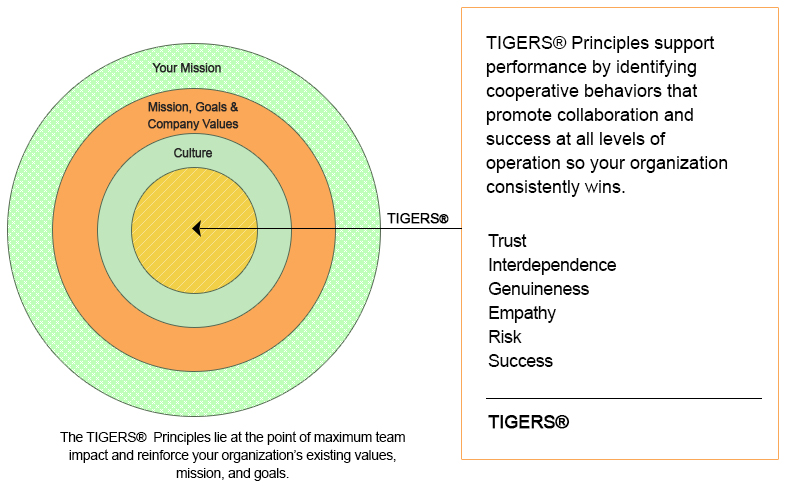 Perhaps you know someone in leadership like Derek. He learned the hard way why exit interviews matter.
Perhaps you know someone in leadership like Derek. He learned the hard way why exit interviews matter.
Derek entered his home with his back hunched, tie loosened and short hair sticking up from running his hands through it a million times during his shift. And he had to go back in on Monday with solutions on how he planned to reform his leadership methods. His boss said, “Derek, John said in his exit interview that he left because of you. He said you’re a terrible boss. With all this turnover tied to you and your team, I’m inclined to believe there’s truth to his statement.”
Perhaps you have also overhead something like this, “It’s only the beginning of the year and three employees have already quit! I don’t understand why our best employee decided to leave…the job benefits are phenomenal and there are so many opportunities…if only they had stayed.”
Do these scenarios sound familiar to you? Believe it or not, it is a pretty common frustration that is shared by many businesses around the world. According to a study of 19,700 post-exit interviews, 89% of employers falsely believed that employees leave for better money offers. But, the actual percentage of employees leaving for more money is only 12%.
So then, what’s the real deal? People decide to leave their job not for more money, but because of their boss. This is why your first job as a business leader is removing obstacles and working on your relationship with your employees.
Want to understand why that last employee of yours quit? Conduct an exit interview! Your employee matters and you might even get the explanation you need to improve your work environment and your leadership style Here are three reasons why exit interviews really matter.
To discover why exit interviews matter, find out if employees believe communication is lacking.
Make sure when setting up an exit interview with an employee that you put in the extra effort to be there. Otherwise the takeaways you hear later might be less than satisfactory.
Why? Many employees may not feel the need to even bring up bad management or a bad manager, if they feel that the manager does not even care enough to show up to hear about why they are leaving. If it is just some random HR employee conducting the interview, then it demonstrates a lack of care on your part.
Okay, so now you are sitting in front of the employee who decided to leave. What do you do? Ask them to be one hundred percent honest with you. Let them know you want the remaining team to be more effective and can only do so with their input. Find out if this employee felt they were never listened to, if their suggestions were ignored, and if their work was always swept to the side. Was that your doing? Did they believe you were always too distant to approach?
Lastly, ask them how you think you could fix it in measurable, achievable steps. If it seems doable, start implementing.
Gain perspective in how much your employees trust their boss to assess why exit interviews matter.
Developing an atmosphere of care in the workplace is crucial to a healthy workplace environment. That is why in exit interviews it is important to check with the employee to see if they believe there is a culture of giving. Did they think that employees’ needs are heard and met? Did they have confidence in your ability to act toward those needs?
Companies that treat their employees well and work on developing a trusting relationship grow exponentially faster than companies that do not. Take the feedback from that employee and begin to work on building trust in the workplace. Your employees will want to stay and support the business and the company will grow.
Gather information about your employees’ work – life balance to emphasize why exit interviews matter.
Some employees end up leaving their jobs because they feel as though it is not a good fit. But what does that really mean? Many times, employees enter a job with unrealistic expectations, and when these expectations are let down or not met, then the employee feels unhappy with their career choice. This points you to improving your onboarding practices.
For instance, if an a person is hired for a salary job, expecting a nine to five workday, but instead ends up working sporadic hours during the week and being on call during the weekend, they might very well quit. Why? Because their work – life balance has been so crazy.
- Do your employees end up working later than they should be in order to meet an upcoming deadline?
- Do you ask them to come in on the weekends to help you finish up a few things?
- Do your employees have enough time to dedicate to their families, friends, and leisurely activities?
If you or your employee in their exit interview answered “no” to any of these questions, then maybe it is time to reconsider your employees’ work – life balance. It may be costing you your best employees who decide to leave for a more balanced job opportunity.
Lastly, in any exit interview it is always helpful to be open and receptive to any feedback, positive or negative, that you receive. You are there to learn from the person leaving and attempting to leave the meeting on a good note.
Care to learn more reasons on why exit interviews matter?
Check out the links below to learn about the perks of instituting exit interviews for employees.
- Ten Ways Lousy Managers Cause Employees To Quit
- You Quit Your Job. Now They Demand an Exit Interview. What Do You Say?
- The 7 Hidden Reasons Your Employees Leave You
- Making Exit Interviews Count – Harvard Business Review
Copyright TIGERS Success Series, Inc. by Dianne Crampton
About TIGERS Success Series, Inc.
 TIGERS® Success Series provides a comprehensive, multi-pronged and robust system for improving both your work environment, profitability and project management team leadership success.
TIGERS® Success Series provides a comprehensive, multi-pronged and robust system for improving both your work environment, profitability and project management team leadership success.
We specialize in training your managers in group leadership skills that build workforce cooperation and high performance team dynamics. Scaled to grow as your organization and leadership performance grows, our proprietary Team Behavior Profile, Management and Project Team Leadership training workshops, and consultant/project manager licensing are based on the six principles that our extensive research found to be the right mix to make this happen.
Schedule a phone call to learn more or to invite us to present at your next organizational gathering.